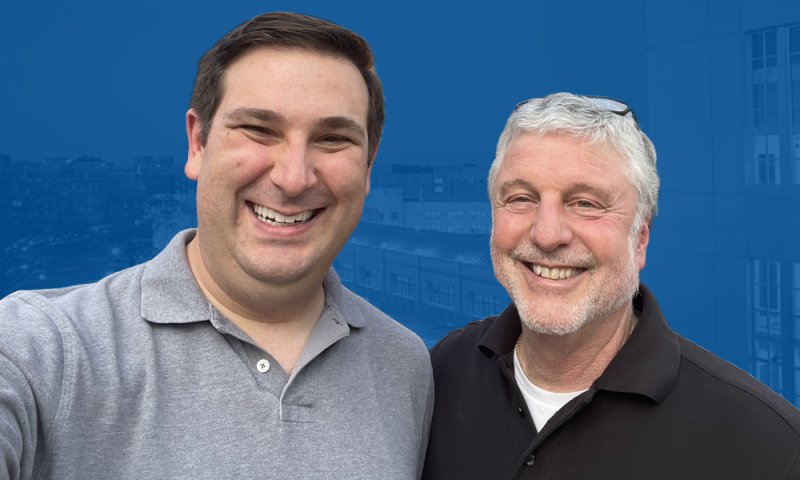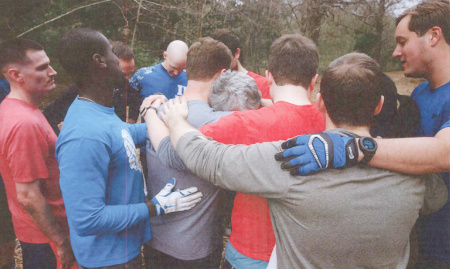
The Duke Palliative Care program will celebrate 25 years this spring, a program that was impressively built from the ground up at Duke.

What started as colleagues with a shared interest of palliative care has truly blossomed into a program whose end-of-life care is reliant on a collaboration, teamwork, and teaching. Anthony Galanos, MD, professor of medicine and palliative care specialist was the Clinical Services Director and pivotal in the development of the program at Duke. Dr. Galanos stepped down from his role and passed the baton to Wil Santivasi, MD, assistant professor of medicine in the Division of General Internal Medicine in December of 2022. Dr. Santivasi is also a palliative care physician who engages with the program, specifically around educational experiences for medical learners. But before learners were involved with the program, the program was still getting off its feet.
It was back in the 90s when former Duke University Hospital’s Executive Vice President, Bill Fulkerson, MD, was the principal investigator on the SUPPORT study, when a pivotal moment happened for palliative care at Duke. Fulkerson and team published the JAMA article, “A Controlled Trial to Improve Care for Seriously Ill Hospitalized Patients: The Study to Understand Prognoses and Preferences for Outcomes and Risks of Treatments (SUPPORT)” which shifted the paradigm from the “do not resuscitate” orders written within 48 hours of death – not allowing patients or families to have a voice. This study allowed data to be available and improvements needed for advanced care planning.
The Forest at Duke can also be credited to the growth of the Duke Palliative Care program – allowing Duke physicians and leaders to hear patients wanting a voice in their care, including physically seeing how older patients can “live well”, not as long as they could.
Through philanthropic gifts and collaborations with hospice organizations around the Triangle, the Duke Palliative Care program was taking shape.
Dr. Santivasi spoke with Dr. Galanos, on milestones such as the creation of the Palliative Care Transitional Care Unit, a brainchild of Galanos and colleagues.

While the program was initially focused on end-of-life care, as initial supporters of the program were moving up into leadership roles, areas such as symptom management and education program were starting to expand.
Former Duke oncologist and Principal Deputy for the FDA, Amy Abernethy, PhD, collaborated with Galanos to apply for a grant to the Kornfeld Foundation for a palliative care fellow. This was the inception of involving learners in the program’s core values.
However, what has stayed tried and true of this program is its dedication to team-based care.
“A palliative care team can only be as good as the colleagues outside our core team,” says Santivasi. “We can only help as long as we know really talented medical oncologists, and surgeons, and intensivists, and radiation oncologists, and interventional radiologists, and pain anesthesiologists. We rely on all of them to take great care of people together.”